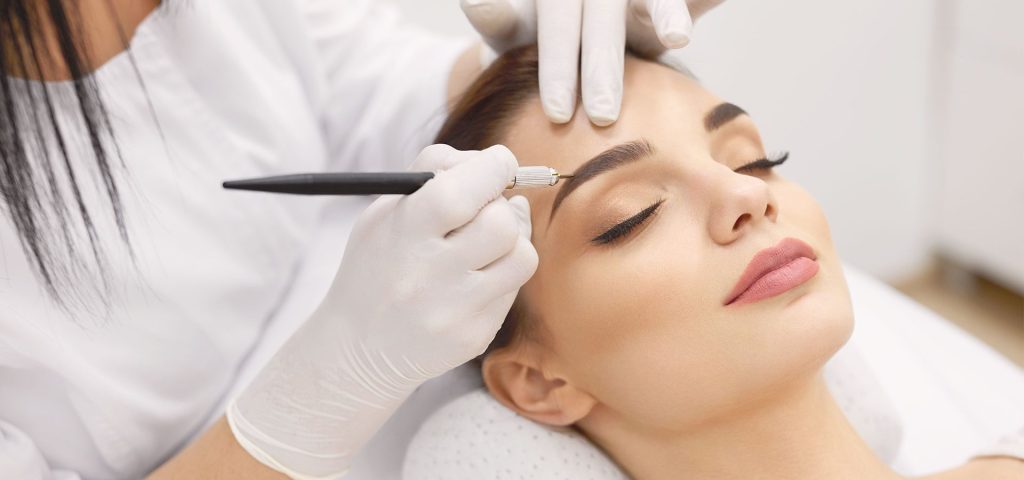Exploring the Science Behind Effective Anti-Wrinkle Treatments
The science behind effective anti-wrinkle treatments is a multifaceted and dynamic field that combines dermatology, biochemistry, and skincare technology. Wrinkles, which are a natural part of the aging process, occur due to various factors, including genetics, sun exposure, collagen loss, and repetitive facial expressions. Understanding the underlying mechanisms of wrinkle formation is crucial for developing treatments that target the root causes and promote smoother, more youthful-looking skin. One of the key components in effective anti-wrinkle treatments is the stimulation of collagen production. Collagen, a protein that provides structure and elasticity to the skin, tends to diminish with age. As a result, the skin loses its firmness and develops wrinkles. Scientists and dermatologists have focused on developing products and procedures that stimulate collagen synthesis. Ingredients such as retinoids, peptides, and growth factors are commonly found in anti-wrinkle creams and serums. These compounds work by promoting collagen production and helping to restore the skin’s natural elasticity.

Another crucial aspect of anti-wrinkle science is the understanding of the role played by free radicals and oxidative stress in aging. Free radicals are unstable molecules that can damage skin cells and accelerate the aging process. Antioxidants, such as vitamins C and E, play a significant role in neutralizing free radicals, protecting the skin from oxidative stress, and preventing the formation of wrinkles. Many anti-wrinkle formulations include antioxidants to provide a comprehensive approach to skin aging and contact us. Sun protection is a cornerstone of any effective anti-wrinkle strategy. Ultraviolet UV radiation from the sun is a major contributor to premature aging. Prolonged sun exposure leads to the breakdown of collagen and elastin fibers, resulting in the formation of wrinkles. Sunscreen, with broad-spectrum protection against UVA and UVB rays, is essential in preventing sun-induced aging. Incorporating sun protection into daily skincare routines is a scientifically proven method to minimize the development of wrinkles and maintain skin health. In recent years, advancements in dermatological procedures have expanded the array of anti-wrinkle treatments.
Similarly, dermal fillers containing hyaluronic acid or other substances can be injected to restore volume and smooth out wrinkles. These procedures are backed by scientific research and are performed by trained professionals to ensure safety and efficacy. Furthermore, the science behind retinoids, derivatives of vitamin A, has been extensively studied for their remarkable effects on skin texture and appearance. Retinoids stimulate cell turnover, promote collagen synthesis, and help fade hyperpigmentation, making them a cornerstone in many anti-wrinkle regimens. However, their use requires careful consideration, as they can cause skin sensitivity and irritation, especially when first introduced into a skincare routine. Effective anti-wrinkle treatments are grounded in a deep understanding of the biological processes that contribute to aging skin. Scientists and skincare experts continually strive to unravel the complexities of wrinkle formation, developing innovative products and procedures that address multiple facets of the aging process. From collagen stimulation to antioxidant protection, sun care, and advanced dermatological interventions, the science behind anti-wrinkle treatments continues to evolve, offering individuals a diverse range of options to maintain and enhance the youthfulness of their skin.






